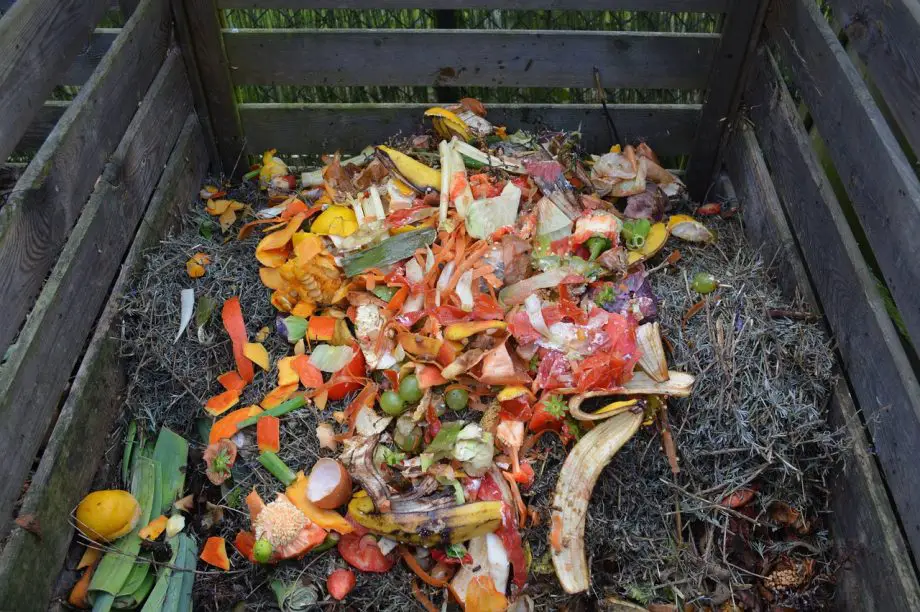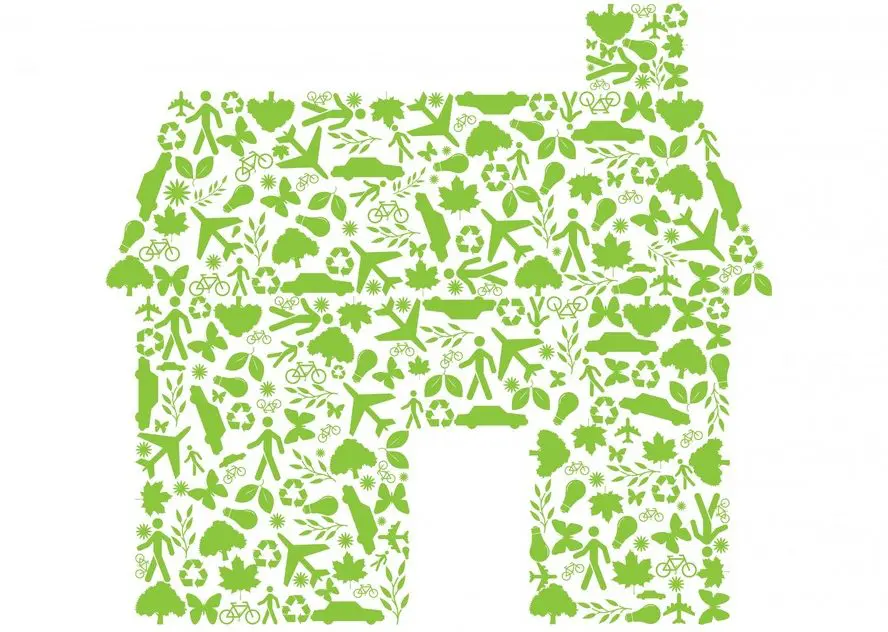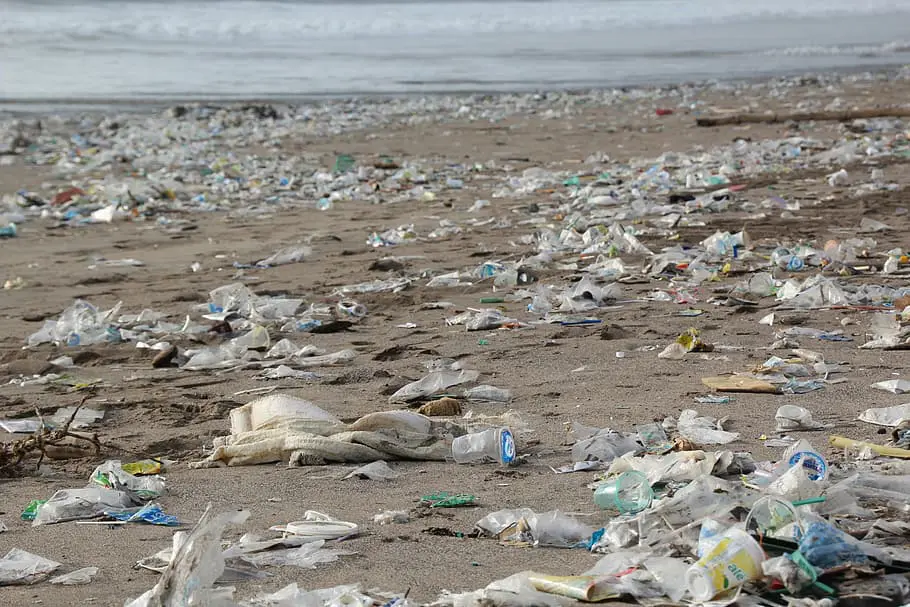
Discover easy, practical ways to adopt sustainable living practices for students. Make positive impacts on the environment while enjoying your college life!
Ever wondered how you, as a college student, can make a difference in the world?
It’s simpler than you might think! By embracing sustainable living practices for students, you can not only reduce your carbon footprint but also enhance your college experience.
It’s all about making mindful choices that respect and protect our planet.
So, let’s dive in and explore easy ways for how you can transform your daily routines into powerful actions for sustainability!
Sustainable Living Practices for Students
Welcome to the exciting journey of sustainable living practices, specially tailored for students like you!
In this post, we’ll delve into the world of sustainability, exploring its meaning and significance in our lives.
We’ll also shed light on how our everyday choices can leave lasting impacts on our planet and on climate change.
From energy conservation to waste management, and from sustainable shopping to community involvement, we’ll cover a wide range of sustainable living practices for students.
So, get ready to discover how you can contribute to a greener planet while navigating through your student life!
Definition of Sustainable Living
Let’s start with the basics. What exactly is sustainable living?
It’s a lifestyle that aims to reduce our use of Earth’s natural resources and our personal resources by altering methods of transportation, energy consumption, and diet.
It’s about making choices that cause less harm to the environment, are economically viable, and socially responsible.
In simpler terms, it’s about living in a way that is respectful to our planet and its finite resources, ensuring that future generations can enjoy the same benefits that we do today.
Importance of Sustainable Living for Students
Now, you might be wondering, why is sustainable living particularly important for students.
Well, as students, you are not just learners but also influencers and future leaders.
The habits and values you cultivate now will shape your future actions and potentially influence environmental issues for yourself and others around you.
By adopting sustainable living practices, you can contribute to a healthier planet and also inspire your peers to do the same.
Plus, sustainable living can help you save money, improve your health, and enhance your overall quality of life.
It’s a win-win situation for you and the environment!
Understanding the Impact of Our Choices
Let’s take a moment to reflect on the choices we make every day.
From the food we eat, to the paper products we use, the clothes we wear, and the way we travel to the products we buy, each decision we make leaves an imprint on our planet.
In this section, we’ll delve deeper into understanding the environmental impact of our daily choices and explore the crucial role students can play in promoting sustainability.
It’s time to realize that our choices matter and that we have the power to make a difference!
The Environmental Impact of Our Daily Choices
Every day, we make countless choices that, believe it or not, have a significant impact on our environment.
Take, for instance, the simple act of buying a plastic water bottle.
It might seem harmless, but when you consider the energy used in its production and the fact that it can take hundreds of years to decompose, the environmental cost becomes clear.
The same can be said for the plastic bags you use. Plastic waste has become a serious problem in our waterways. Choose reusable bags instead.
Similarly, choosing to drive a car for short distances instead of walking or cycling contributes to carbon emissions and global warming.
Even the food we eat has an environmental impact, with meat and dairy products being major contributors to greenhouse gases.
By becoming more aware of these impacts, we can make more informed, sustainable choices in our daily lives and make the planet a better place.
The Role of Students in Promoting Sustainability
Students have a unique and powerful role to play in promoting sustainability.
As the leaders of tomorrow, the values and habits you cultivate now can have a lasting impact.
By adopting sustainable practices on college campuses, you can influence your peers, your family, and even your community.
Whether it’s starting a recycling program in your dorm, or residence halls, advocating for more sustainable food options in the cafeteria, or organizing a carpooling system, there are countless creative ways you can make a difference.
Remember, every small action counts, and together, students can create a wave of change toward a more sustainable future.
Sustainable Living Practices
Ready to take the leap into a more sustainable lifestyle? Fantastic!
In this section, we’ll explore a variety of sustainable living practices that are not only good for the planet but also easy to incorporate into your student life.
From energy conservation to waste management, and from sustainable shopping to campus community involvement, we’ll cover it all.
These practices are designed to be simple yet effective, making it easier for you to make a positive impact.
So, let’s dive in and discover how you can transform your daily routines into powerful actions for sustainability!
Reducing Energy Consumption
Reducing energy consumption is a key part of sustainable living. As a student, there are plenty of ways you can save on energy costs.
For instance, you can switch off lights and unplug electronics when not in use.
Opt for energy-efficient appliances and light bulbs. Use natural light during the day.
Consider investing in a good-quality power strip with a switch to make it easier to turn off multiple devices at once.
Every little bit of energy saved adds up!
Sustainable Transportation
Transportation is a major contributor to carbon emissions.
As students, you can make a big difference by choosing more sustainable ways to get around.
Walk or bike for short distances, use public transportation, or carpool with friends.
Not only will you be reducing your carbon footprint, but you’ll also be saving money and getting some exercise!
Reducing, Reusing, and Recycling
The three R’s – Reduce, Reuse, and Recycle – are fundamental to sustainable living.
Try to minimize waste by reducing consumption, especially of single-use items.
Reuse items as much as possible before throwing them away. Buy second-hand instead of new items.
And, of course, recycle whatever you can. Many campuses have recycling programs in place, so be sure to make good use of them.
Sustainable Eating Habits
What we eat has a big impact on the environment. A diet rich in plant-based foods is generally more sustainable than one high in meat and dairy.
Try to eat locally sourced, seasonal foods and cut down on food waste.
And when you do eat out, bring your own containers for leftovers to avoid single-use packaging.
Water Conservation
Water is a precious resource, and conserving it is crucial.
Simple actions like taking shorter showers, turning off the tap while brushing your teeth, and only running full loads in the dishwasher or washing machine can make a big difference.
Sustainable Shopping
When shopping, consider the environmental impact of the products you buy.
Choose items with minimal packaging, opt for second-hand or recycled items when possible, and support companies that prioritize sustainability.
Waste Management
Proper waste management is essential for a sustainable lifestyle.
This means not only recycling but also composting organic waste, properly disposing of electronic waste, and reducing the amount of waste you produce in the first place.
Community Involvement
Last, but not least, get involved in your community! Join or start a sustainability club on campus, participate in local clean-up events, or volunteer with environmental organizations.
There’s strength in numbers, and together, we can make a big difference.
Implementing Sustainable Practices in Student Life
Transitioning to a sustainable lifestyle might seem daunting at first, but don’t worry!
In this section, we’ll guide you through practical ways to implement sustainable practices in your student life.
We’ll also discuss how educational institutions can support you in this journey.
Remember, it’s not about perfection, but progress. Each small step you take towards sustainability can make a big difference.
So, let’s get started and see how you can make your student life more eco-friendly!
Practical Tips for Students to Incorporate Sustainable Practices in Their Daily Routines
Incorporating sustainable practices into your daily routines doesn’t have to be complicated.
Start with small changes. Maybe it’s bringing a reusable water bottle to class instead of buying plastic bottles of water, or maybe it’s choosing to walk or bike to campus instead of driving.
Consider shopping second-hand or swapping clothes with friends instead of buying new.
Try to reduce food waste by planning meals and using leftovers creatively.
Make sure to have recycling bins in your dorm room.
These are easy tips and remember, every little bit helps, and these small changes can add up to a big difference over time.
The Role of Educational Institutions in Promoting Sustainable Living
Educational institutions play a crucial role in promoting sustainable living. https://sustainablyforward.com/sustainable-living-ideas/
They can provide the resources, education, and infrastructure necessary to support students in their sustainability journey.
This could include offering courses on sustainability, implementing recycling and composting programs, providing bike racks and other facilities for sustainable transportation, and promoting local and organic food options in the cafeteria.
You could even start a community garden and learn to grow your own food.
How Schools and Universities Can Encourage and Facilitate Sustainable Living
Schools and universities can encourage sustainable living in many ways.
They can organize sustainability-themed events and workshops, create student groups focused on sustainable development, and integrate sustainability into their policies and operations.
They can also provide opportunities for students to get involved in sustainability projects on campus, such as community gardens or renewable energy initiatives.
By fostering a culture of sustainability, educational institutions can empower students to take action and become sustainability leaders.
Sustainable Living Practices For Students FAQs
Got questions about sustainable living? You’re not alone!
In this section, we’ll tackle some frequently asked questions about sustainability, especially as it relates to student life.
From understanding sustainable practices to figuring out how to live sustainably, we’ve got you covered.
So, let’s dive into these FAQs and demystify the world of sustainable living!
Q: What are some sustainability questions to ask?
A: Some questions you might ask include: How can I reduce my carbon footprint? What are some simple ways to conserve water? How can I make my diet more sustainable? What are some effective ways to reduce waste?
Q: What are 2 examples of sustainable practices?
A: Two examples of sustainable practices include composting organic waste, which reduces landfill and creates nutrient-rich soil, and using public transportation or carpooling, which decreases carbon emissions.
Q: What are 3 examples of living sustainably or being sustainable?
A: Living sustainably could involve practices like reducing energy consumption by switching off lights and electronics when not in use, shopping responsibly by choosing products with minimal packaging or second-hand items, and adopting a plant-based diet which is generally more sustainable than a diet high in meat and dairy.
Q: What can students do to be sustainable?
A: Students can be sustainable in many ways. They can use reusable water bottles and coffee cups, participate in or start recycling and composting programs on campus, choose digital notes over paper when possible, and get involved in sustainability initiatives at their school or university.
Sustainable Living Practices For Students Final Thoughts
As we wrap up this journey into sustainable living practices for students, it’s time to reflect on what we’ve learned and look ahead to the positive changes we can make.
Remember, every step towards sustainability, no matter how small, contributes to a healthier planet.
So, let’s recap the importance of sustainable living and the role you, as a student, can play in this global movement.
Ready? Let’s dive into the conclusion!
The Importance of Sustainable Living and the Role Students Can Play
Sustainable living is more than just a trend; it’s a necessity for the health of our planet.
By making conscious choices to reduce, reuse, recycle, and respect our natural resources, we can significantly lessen our environmental impact.
But the importance of sustainable living goes beyond its environmental benefits.
It also promotes healthier lifestyles, saves money, and fosters a sense of community and shared responsibility.
As students, you are in a unique position to champion sustainable living.
The habits and values you cultivate during this time can have a lasting impact, influencing not only your future lifestyle but also those around you.
Whether it’s by reducing energy consumption, promoting sustainable transportation, managing waste effectively, or getting involved in your community, you can make a significant difference.
Remember, sustainable living isn’t about perfection; it’s about making better choices where we can.
Every small step towards sustainability counts. So, let’s continue to learn, grow, and strive for a more sustainable future together.
Read more:
Sustainable Living Tips for Beginners
How To Reduce Carbon Footprint At Home
Individual actions impact our environment. EPA has tools to help you learn and understand the issues and help you reduce your environmental footprint. Learn more at EPA’s Sustainability and Pollution Prevention (P2) sites, or in the Greener Living Frequent Questions.







